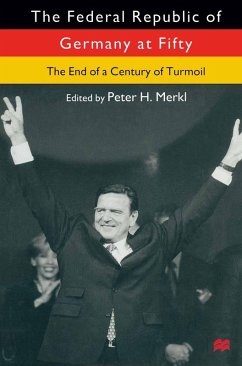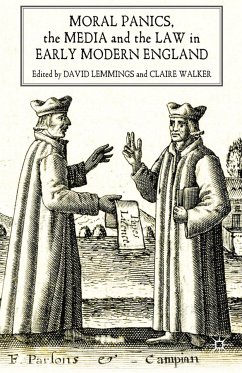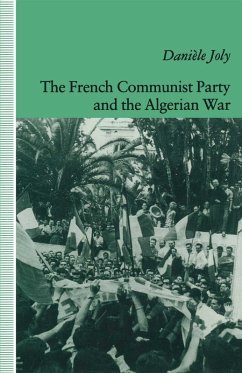
The Image of the Popular Front (eBook, PDF)
The Masses and the Media in Interwar France
Versandkostenfrei!
Sofort per Download lieferbar
72,95 €
inkl. MwSt.
Weitere Ausgaben:

PAYBACK Punkte
36 °P sammeln!
During the 1930s Europe was convulsed by political violence. The National Socialists rose to power in Germany and Fascists campaigned in Britain, Spain and France. Yet Europe was also transformed in this decade through new applications of film, photography and radio. In fact, these political and technological developments were closely intertwined.
Dieser Download kann aus rechtlichen Gründen nur mit Rechnungsadresse in A, B, BG, CY, CZ, D, DK, EW, E, FIN, F, GR, HR, H, IRL, I, LT, L, LR, M, NL, PL, P, R, S, SLO, SK ausgeliefert werden.












